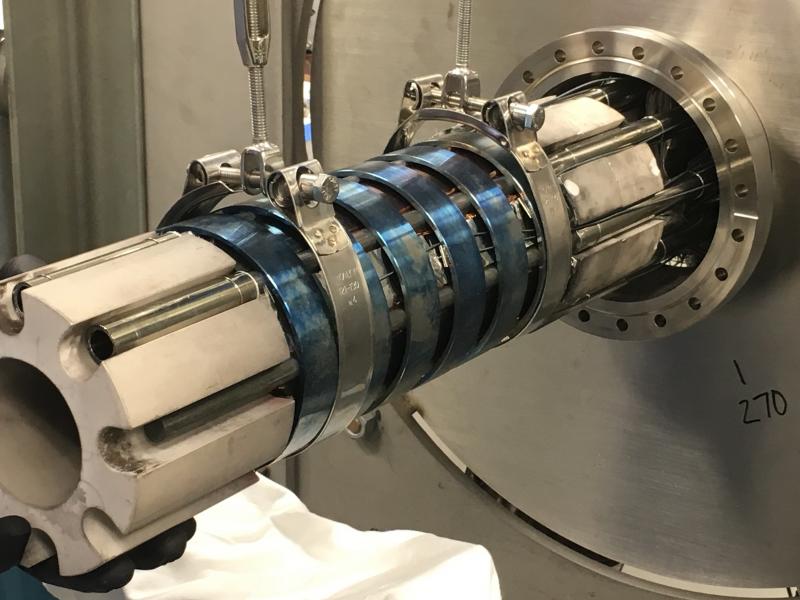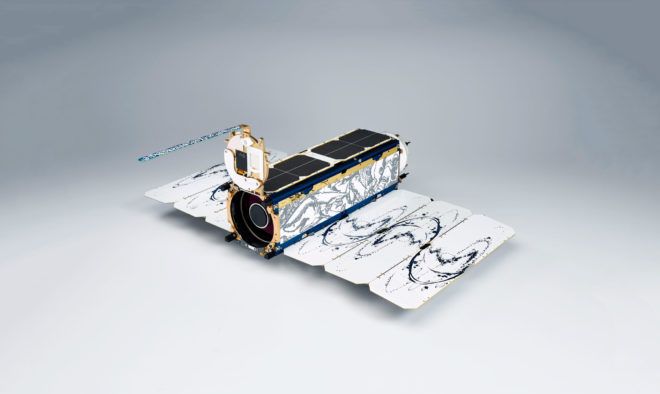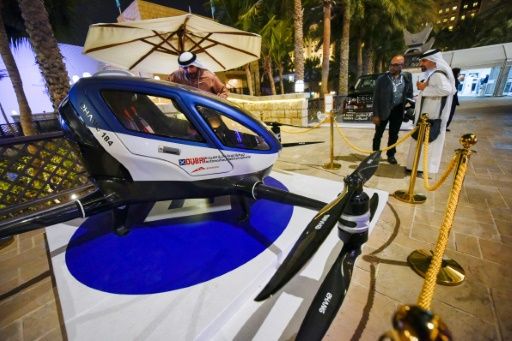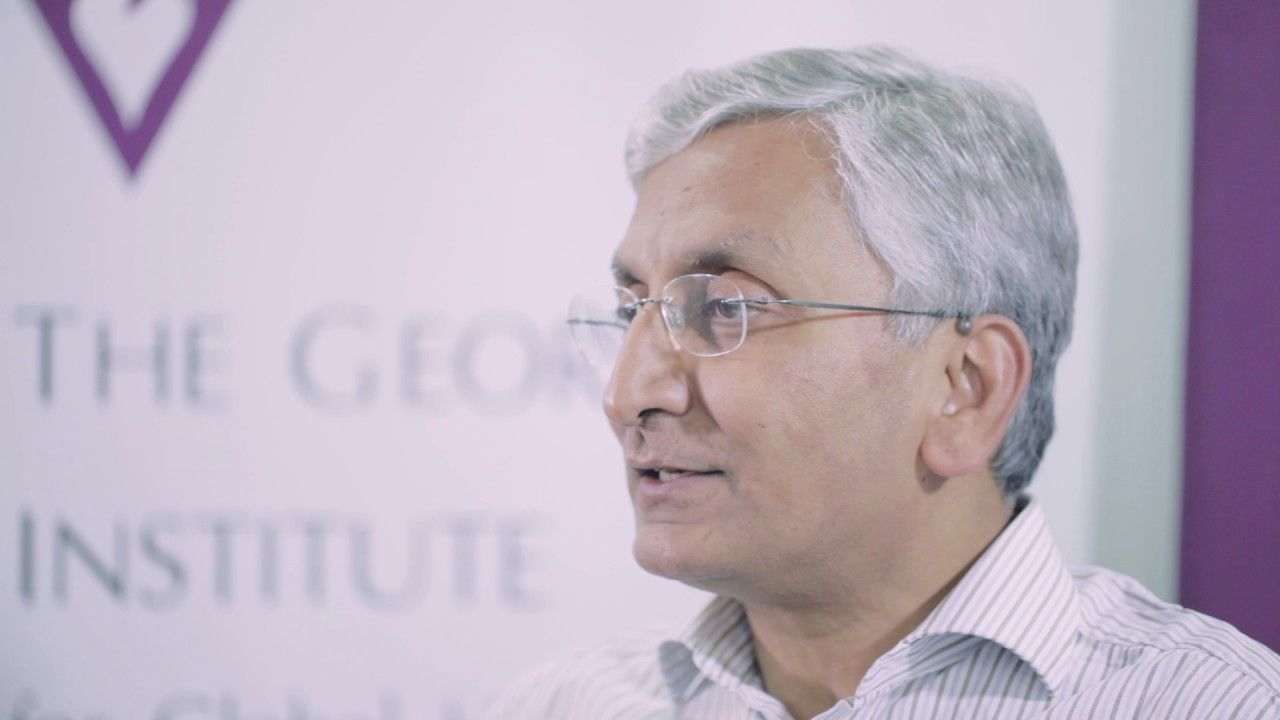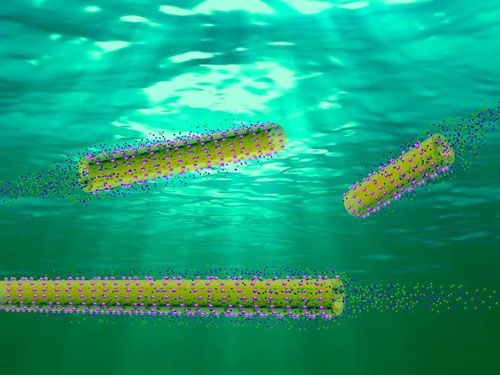Feb 14, 2017
The Island of Dr. Moreau For Real
Posted by Carse Peel in categories: biotech/medical, cyborgs, health, space, time travel
By Drs. David Niesel and Norbert Herzog, Medical Discovery News
H.G. Wells was a writer of fantastic science fiction during the 1890s. He is considered one of the fathers of science fiction and wrote novels whose stories remain popular today. He wrote about time travel in “The Time Machine”, about interplanetary conflict originally made popular by the Orson Wells’ “The War of the Worlds” and in “The Island of Dr. Moreau” he described beings that were part human and part animal. Two of the three remain pure science fiction but one is on the verge of becoming a reality. Do you know which one?
In August, 2016, the National Institutes of Health announced that it was lifting its ban on research that introduces stem cells from humans into animal embryos. Stem cells have the ability to evolve into any human cell and can grow into any human tissue. The goal of this type of research is to grow human tissues and eventually human replacement organs in animals. What an innovative way to improve upon transplantation medicine! But to realize this potential, we would create an organism that is part animal and part human! These hybrids are the stuff of ancient mythology. These mixtures of different animals are called chimeras after the mythical ancient Greek creature that was part lion, snake and goat. One goal of today’s research is to produce tissues and organs for experimentation that will improve our understanding of human disease. An alternative and longer term goal would be to produce organs directly for human transplantation.

